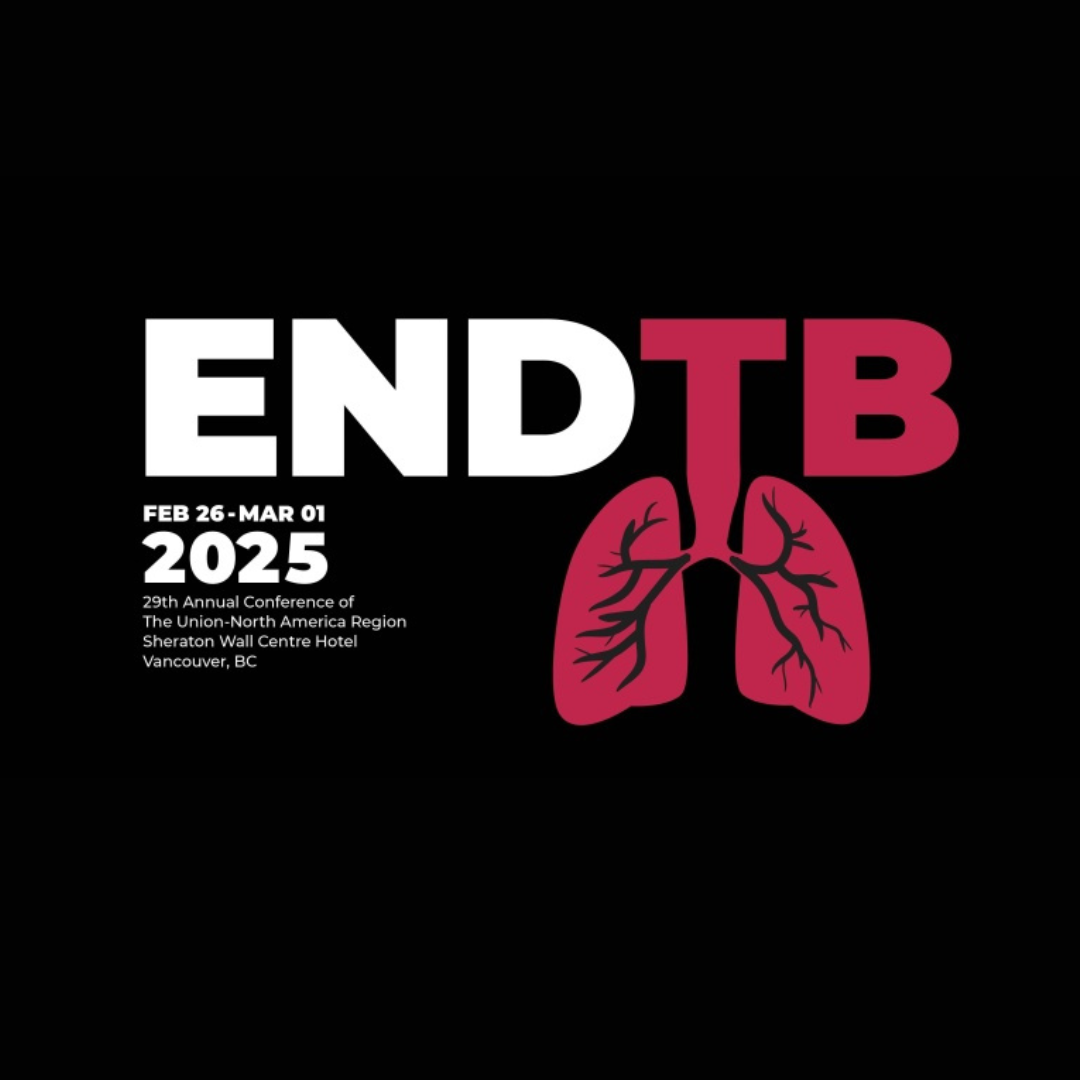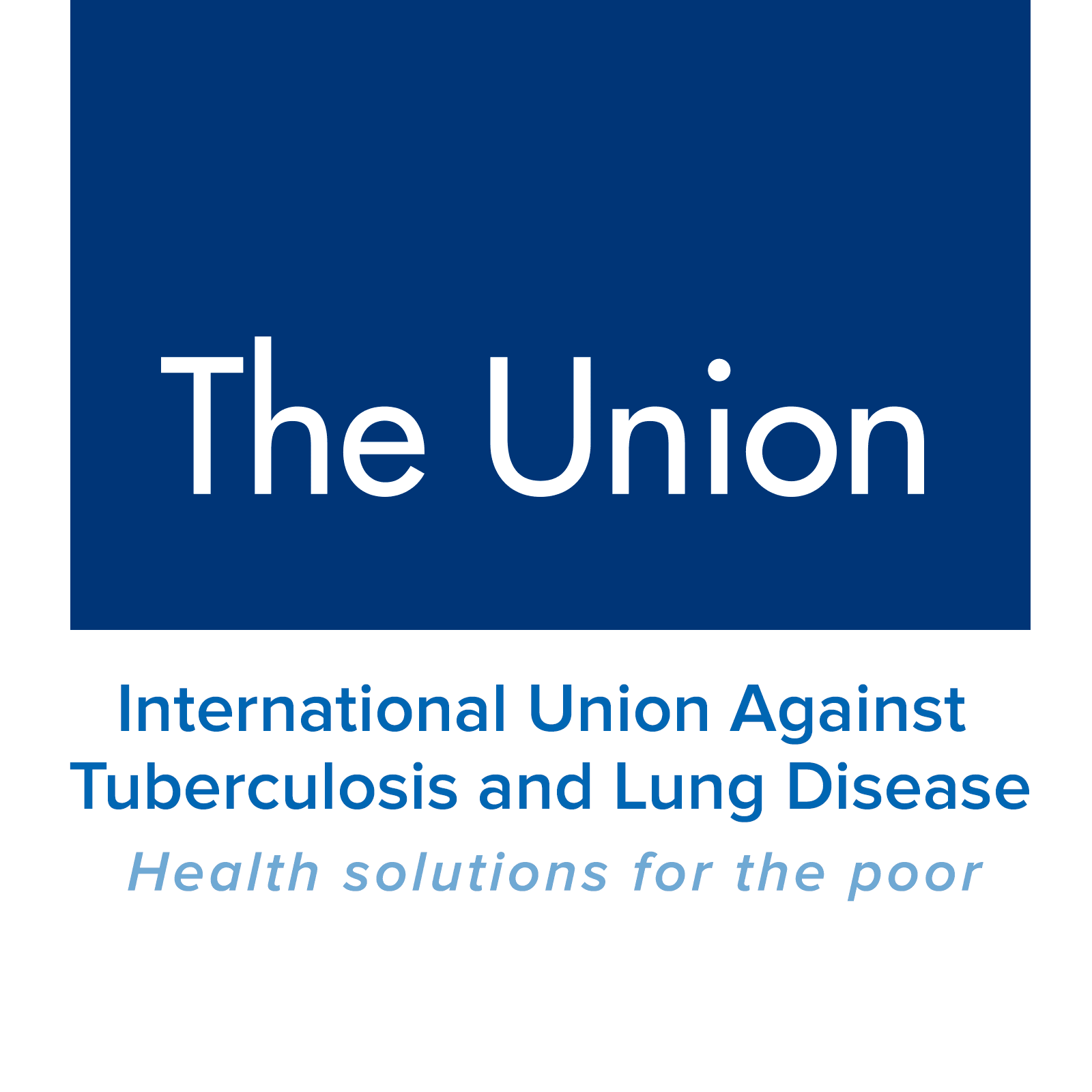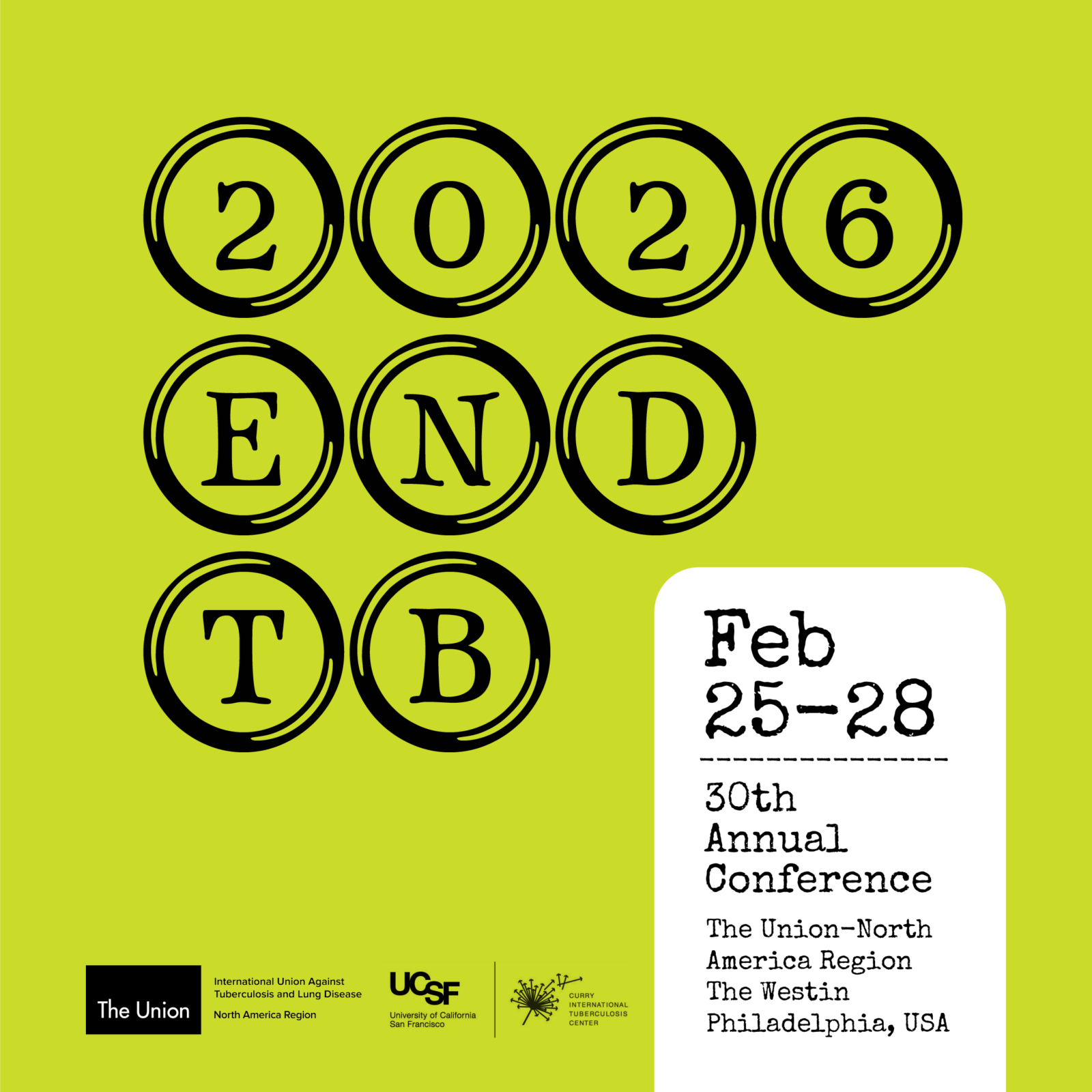Annual TB Conference – The Union NAR
The Union-North America Region (NAR) is the regional arm of the International Union against Tuberculosis and Lung Disease (The Union), a global public health organization with the vision to provide health solutions to the poor. BC Lung is an organizational member of The Union and acts as the Secretariat, organizing and hosting The Union-NAR's annual conference in consultation with the Executive Committee.
Annual TB Conference 2026
February 25 – 28, 2026 | Philadelphia, PA, USA
The 2026 End TB Conference of the Union North American Region is looking forward to holding its 30th annual conference at the Westin Philadelphia Hotel, from February 26-28, 2026. We hope that you will join us in person to participate in our pre-conference postgraduate sessions and stay to attend our full conference. Please visit our website for ongoing conference program updates as we finalize our agenda over the next few months. We look forward to seeing to both new and familiar faces in support of the North American TB community.
Deadline for Early Bird registration has been extended to December 15, 2025.
Call for Nominations
The North America Region of The Union is calling for Nominations for its Awards. Each year, at the time of our annual meeting we recognize the valuable contributions of our colleagues to tuberculosis (TB) care and prevention. This year’s meeting will be held in Philadelphia, PA, USA on February 25-28, 2026
Call for Secretary/Treasurer
The Union-North America Region is calling for nominations for Secretary-Treasurer to begin term of office on March 1, 2026.
Any active member of the Union is eligible to nominate anyone they think will be best suited for the role.
Nominees must be members of The Union and be willing to serve with the duties described below. Per standing practice, as the current Secretary-Treasurer is from USA, nominees must be from the Canada or from English-, French-, or Dutch-speaking countries of the Caribbean and the America.
Call for Members-At -Large
The Nominating Committee of the Union-NAR is seeking nominations for two (2) Members at-Large to serve for two years at the NAR Council from March 1, 2026 – March 1, 2028. Those nominated, and the nominating person, must be current members of NAR at the time of nomination. Nominations must be accompanied by the nominee’s curriculum vitae, a paragraph indicating why the nominee is a candidate for office, and assurance that the nominated person has agreed to be considered for office.
Call for Early Career Investigator Award
The Union-North America Region (NAR) Early Career Investigator Award was established in 2019 by the North America Region Executive Committee to recognize an early career researcher for work in tuberculosis (TB) within the first five years of their academic appointment/independent professional career. The monetary portion of this award is to support research activities related to TB.
Award Eligibility:
• Early career researcher within 5 years of first appointment as faculty member or TB program member (e.g., public health program)
• Can be nurse, physician, other health professional, or PhD scientist; must have completed all professional and research training (i.e., cannot be a trainee)
• Working in NAR countries
• Published research in the field of TB.
• Union membership with regional affiliation in NAR is encouraged but not required.
• Abstract acceptance by the NAR Annual Conference at least once in the last 5 years (can include year of nomination)
Required documents:
• Completed nomination form by an eligible nominator.
• A letter of nomination that describes the novelty, impact, and significance of the work, and that includes a statement of the role of the nominee.
• Updated curriculum vitae (CV) of the nominee outlining their education, past and current positions, grant support, training, and publications (CV must be dated within 6 months of the call for nominations)
We will be accepting nominations up until October 30, 2025. Please send all nominations to Menn Biagtan at biagtan@bclung.ca.
Call for the Lifetime Achievement/Service Award
The Service Award is given to individuals who have made a significant contribution to the practice of TB prevention and care. This award may be given annually. Recipients may include administrators, educators, and public health advisors, as well as nurses and physicians. Prior recipients are listed on the following page.
The Lifetime Achievement Award is given to individuals who have made outstanding contributions to the field of TB over a lifetime through mentoring, education and/or research. This award may be given annually. Recipients may be members of any profession. Prior recipients are listed on the following page.
If you are a member of The Union-North America Region in good standing, you may nominate a candidate for this award. The nominee need not be a NAR member but must have made their contributions in the NAR region – United States, Canada, or the English, French or Dutch speaking regions of the Caribbean and the Americas.
DEADELINE FOR ABSTRACT SUBMISSION, TRAVEL GRANT AND CHALLENGING CASES HAS BEEN EXTENDED TO OCTOBER 14TH 11:59 PM PST.
Call for Abstracts & Challenging Cases
CME Language Guide

Annual TB Conference 2025
February 26 to March 1, 2025 | Vancouver, BC
The volunteer conference planning committee enthusiastically picked a list of topics and assembled an exciting list of speakers. Dr. Bob Horsburgh spoke about “The Riddle of TB Drug Resistance” for The George Comstock Lecture. The Beyond TB Lecture was be given by Dr. Denis Nash about the effects of climate change on HIV care, an emerging area of research in infectious diseases. There was a continued focus on creating more opportunities for the participation of TB survivors and early career researchers and colleagues in our conference. The pre-conference activities included a workshop for TB survivors and a post-graduate course on the application of next-generation sequencing for the clinical and public health management of TB.
Previous Conference Archive

NAR Charter
This charter governs the North America Region (NAR) established by the General Assembly of the International Union Against Tuberculosis and Lung Disease (The Union).
